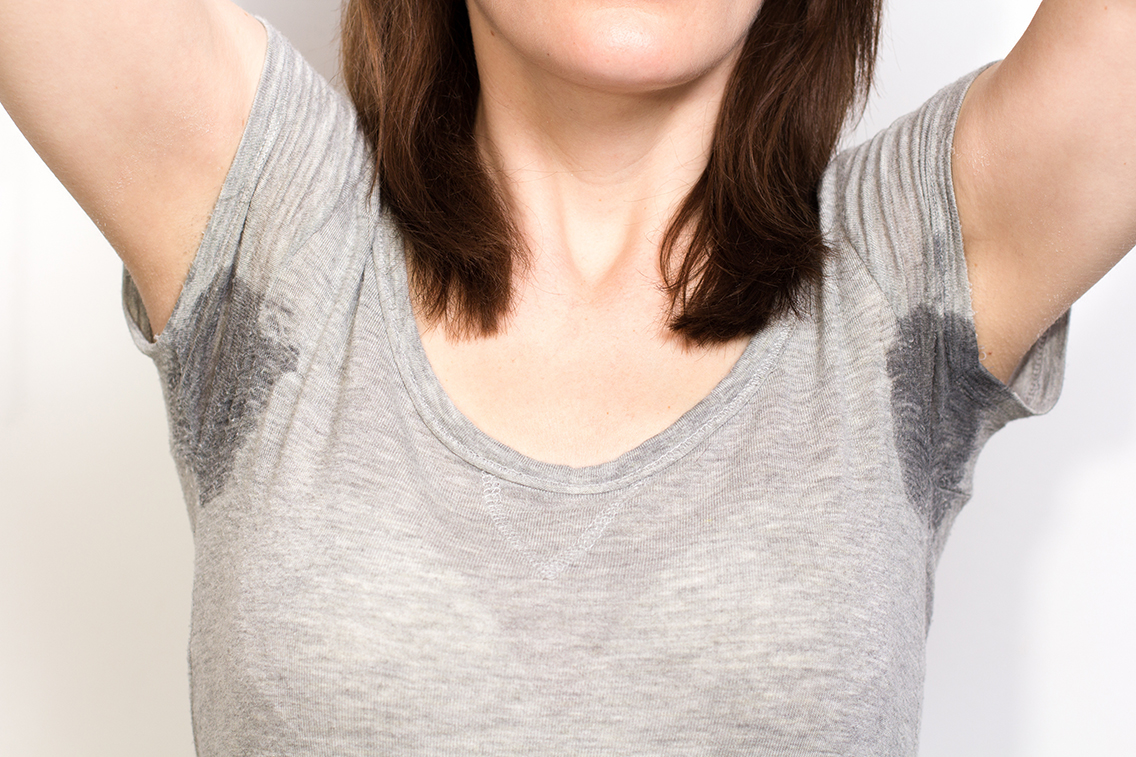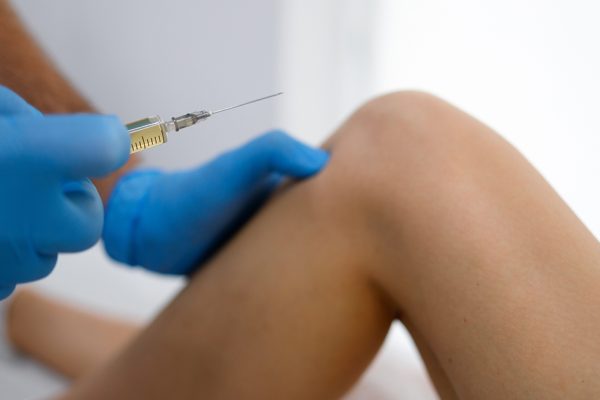
Excessive Sweating (Hyperhidrosis)
Treating Hyperhidrosis (Excessive Sweating)
Excessive sweating is more common than you think, it can affect the whole body or just certain areas, such as the armpits, palm of the hands etc.
Increased sweating is a normal response to a rise in body temperature, and to emotions such as anxiety. Excessive sweating can happen for no obvious reason but can also happen because of another medical condition that you may have or as a side effect of the medication that you are taking.
Sometimes it gets better with age but there are things that you can do both at home, and clinically, to limit the amount of sweat that you produce and the effects that it has. We offer an effective & scientifically proven treatment for the reduction of excessive sweating for those who have tried everything else, so you don’t have to suffer anymore.
______
Pricing: From £450
Frequently asked questions about Hyperhidrosis treatment
How long do the Hyperhidrosis treatment results last for?
As the treatment is carried out using Botulinum Toxin, the effects will last anywhere from 3-6 months.
Can I reduce excessive sweating at home?
Things you can do at home to help reduce excess sweating;
Do’s:
- Wear loose-fitting clothes to minimise signs of sweating
- Wear socks that absorb moisture and change your socks at least twice a day if possible
- Wear leather shoes and try to wear different shoes day to day
Don’ts:
- Wear tight clothes or man-made fabrics – for example, nylon
- Wear enclosed boots or sports shoes that may cause your feet to sweat more
- Do things that might make your sweating worse – for example, drinking alcohol or eating spicy food
How do I know if I'm suitable for Hyperhidrosis treatment?
Sweating is natural, however, this treatment is suitable for those that have noticed excess sweating in a particular area (such as armpits, or palms of the hands).
It is important to see your GP if you have tried to reduce the amount you sweat and you still notice any of the following:
- Stops you from getting on with your daily activities
- Happens at night (you’re having night sweats)
- You have a family history of excessive sweating
- You’re taking medication for another condition
Your GP may refer you for tests if they think another condition may be causing your sweating.
















